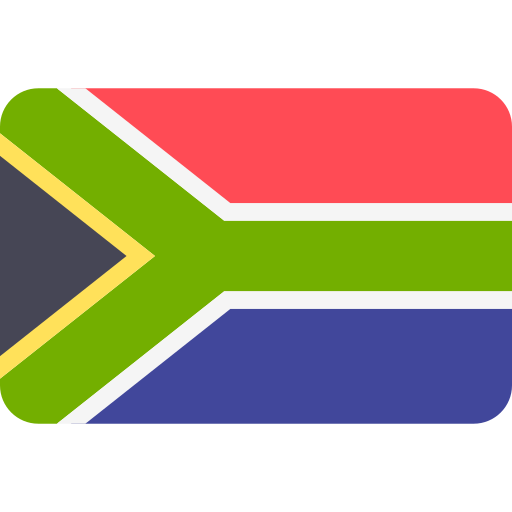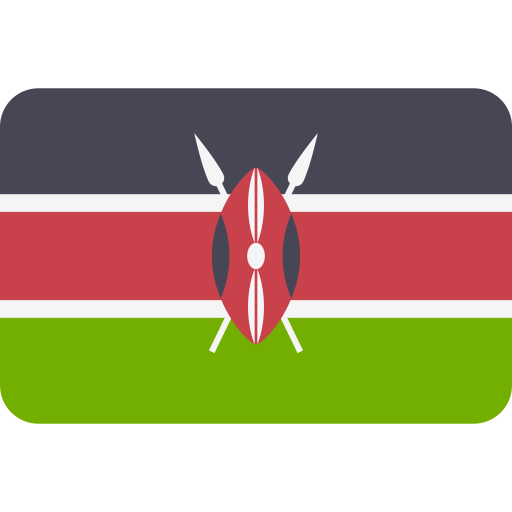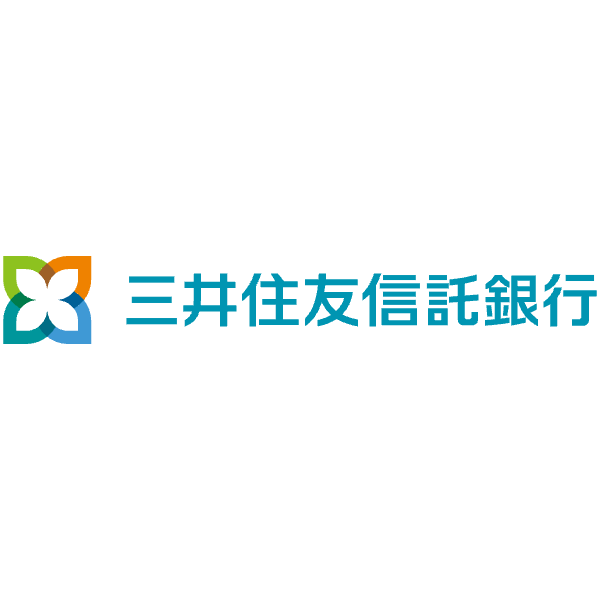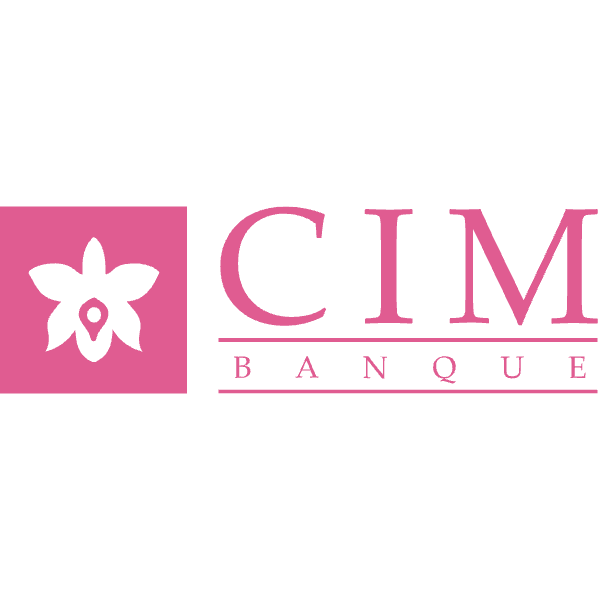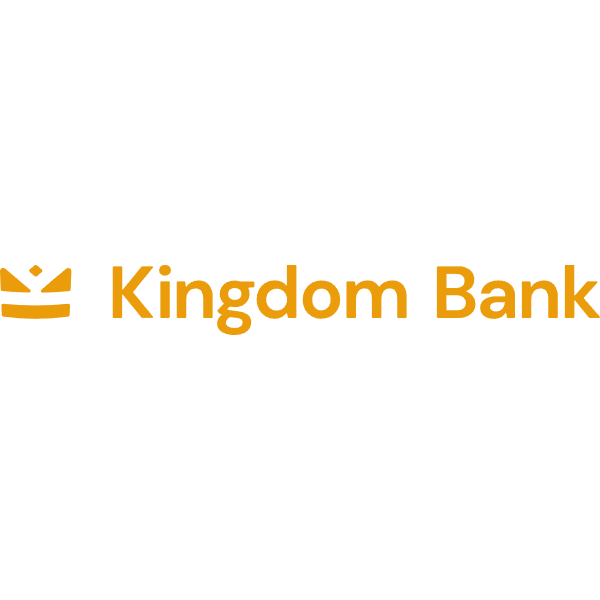basic
informationStanbic Bank is an African-rooted commercial bank that is part of South Africa's Standard Bank Group, known for its deep heritage and international vision in African financial markets. It is a commercial bank controlled by Standard Bank Group, which is committed to providing comprehensive financial services to individuals, corporations and high-net-worth customers.
name and background
The full name of Stanbic Bank varies from country to country, for example Stanbic Bank Kenya Limited in Kenya, Stanbic IBTC Bank in Nigeria, and Stanbic Bank Uganda Limited in Uganda. Its parent company, Standard Bank Group, is the largest banking group in Africa and plays a significant role in the global financial industry in terms of assets and revenue. Founded in 1862 and headquartered in Johannesburg, South Africa, Stanbic Bank operates independently in several African countries as its subsidiary brand. In Kenya, for example, Stanbic Bank traces its roots back to a subsidiary of Ottoman Bank in 1958 and its current structure was formed in 2008 through a merger with CfC Bank. Stanbic Bank is listed on several national stock exchanges, such as Kenya's Nairobi Stock Exchange (NSE, symbol: SBIC) and the Uganda Stock Exchange. The shareholder structure is dominated by Standard Bank Group through Stanbic Africa Holdings Limited, for example, 96.31% in Kenya, and the rest is government or public shareholding; It holds 80% of the shares in Uganda and the rest is held by local institutions and individuals.
the scope of service
Stanbic Bank primarily serves the African market, covering more than 20 African countries such as Kenya, Nigeria, Uganda, Ghana, Botswana, Tanzania, Zimbabwe and emerging markets such as South Sudan, while reaching 13 countries outside Africa through the Standard Bank Group network. Taking Botswana as an example, Stanbic Bank Botswana has 13 branches, 645 employees, and a nationwide ATM network to support customers to withdraw money and inquire conveniently. In Kenya, Stanbic Bank has an extensive branch network, especially in major cities such as Nairobi and Mombasa, with ATMs covering both urban and some rural areas, ensuring access to traditional banking services.
regulatory and compliance
Stanbic Bank is strictly regulated by central banks, such as the Central Bank of Kenya. Such regulators ensure the sound operation of banks and the safety of customer funds through regulations such as the Financial Institutions Act. Stanbic Bank participates in deposit insurance schemes in various countries, such as Kenya, which is backed by the Central Bank to ensure the safety of customers' deposits. In terms of compliance records, Stanbic Bank performed well overall, with no major breaches, but Stanbic IBTC Bank in Nigeria was required to disclose a list of defaulting customers due to foreign exchange trading compliance issues. The Group attaches great importance to anti-money laundering and counter-terrorist financing, and conducts regular compliance reviews.
financial health
Stanbic Bank's solid financial performance reflects its strength as a leading bank in Africa. Taking Kenya as an example, its assets exceeded Ksh180.51 billion (about US$1.78 billion) in 2013, and shareholders' equity was about Ksh32.43 billion (about US$320 million). Capital adequacy ratios are often in line with or higher than local regulatory requirements (e.g., Kenya requires a minimum of 10%), indicating that it is resilient. Non-performing loan ratio figures vary by country, but are generally below the industry average, reflecting prudent credit management. In terms of liquidity coverage ratio, Stanbic Bank follows the Financial Liquidity Regulations (e.g., Statutory Instruments 2005 No. 46 in Uganda) to ensure sufficient liquidity to meet short-term funding needs.
deposit and loan products
Deposits: Stanbic Bank offers a wide range of deposit products, including current accounts, time deposits, and high-yield savings accounts. Current accounts, such as personal savings accounts in Kenya, support day-to-day transactions with low interest rates but high liquidity. Term deposits offer higher interest rates with flexible tenors (from 1 month to 5 years), with specific interest rates varying from country to country, such as Botswana's fixed deposits offering competitive interest rates to attract long-term savings. Large certificates of deposit (CDs) are available in select markets and are suitable for clients who are looking for stable returns.
Loans: Stanbic Bank's loan products cover home loans, car loans, and personal lines of credit. Mortgage products in Kenya work with the Kenya Mortgage Refinance Corporation (KMRC) with interest rates as low as 9.5% per annum, with thresholds including stable income and credit assessment. Car loans and personal lines of credit (e.g., cash advances) offer flexible repayment options ranging from 1 month to several years for short-term funding needs. EZ Cash Quick Loan in Nigeria eliminates red tape and quick approval to meet urgent financing needs.
a list of common expenses
Stanbic Bank's fee structure varies from country to country, but it is transparent overall. Account management fees are usually lower, and some high-end accounts, such as private bank accounts, offer no monthly or annual fees. Domestic transfer fees are low, e.g. real-time transfers in Kenya are free through apps, and cross-border transfers (e.g. via MoneyGram or Western Union) may charge a fee of 0.5%-2%. ATM interbank withdrawal fees in Kenya are around Ksh 30-50 per trip, depending on the network. Overdraft fees are calculated based on the account type and overdraft amount, and are typically 1%-2% of the principal amount per month.
digital service experience
Stanbic Bank's digital services are among the best among African banks, with well-received mobile apps such as the Stanbic IBTC Super App and online banking. The Nigerian Super App has a rating of around 4.2/5 on Google Play and the App Store, with core features including facial recognition login, real-time transfers, bill payments, and investment management. The app supports the eNaira digital wallet (Nigeria's central bank digital currency) for fee-free transfers. In terms of technological innovation, Stanbic Bank has introduced AI customer service (such as online chatbots) to handle frequently asked questions, and some markets have provided robo-advisory services to help customers optimize their investment portfolios. Open banking API support has been deployed in some countries, such as Kenya, allowing third-party developers to integrate financial services and improve the user experience. The Group's Blue247 mobile banking platforms, such as those in Zimbabwe, allow you to buy tokens or pay taxes anytime, anywhere, adding to your convenience.
quality of customer service
Stanbic Bank offers multi-channel customer service, including 24/7 phone support (e.g. 0700 909 909 in Nigeria, 020 3268000 in Kenya), live chat, and social media response (WhatsApp numbers e.g. +254 777068888 in Kenya). The response time is fast, and social media feedback is usually completed within 1 hour. In terms of complaint handling, Stanbic Bank has a dedicated team with an average resolution time of 3-5 working days, and user satisfaction is high, especially in private banking services. Multilingual support is prominent in cross-border markets, such as Kenya and South Sudan in English and Swahili, and Nigeria in English and some local languages to meet diverse customer needs.

safeguards
Stanbic Bank takes the security of funds and data very seriously. Deposits are protected by national deposit insurance schemes, the amount of which varies from country to country (e.g. Kenya's deposit insurance covers up to Ksh 500,000). Anti-fraud technologies include real-time transaction monitoring and multi-factor authentication (e.g., OTP, fingerprinting) to reduce the risk of theft and money laundering. In terms of data security, Standard Bank Group is ISO 27001 certified, and Stanbic Bank follows the Group's standards and has not reported major data breaches. When a customer receives a suspicious call or email, the bank clearly reminds them not to ask for a password or PIN through unofficial channels, and provides a quick reporting channel (such as a customer service mailbox in Nigeria).
featured services and differentiations
Stanbic Bank offers customized services for different market segments. Student accounts, such as those for youth in Uganda, are waived to help young people manage their money. Senior-only wealth management products, such as Kenya's Pension Savings Plan, offer high-yield and flexible withdrawal options. Green financial products are its highlights, such as ESG investments that support renewable energy and agriculture, in line with the Sustainable Development Goals. Private banking services are available to high-net-worth clients, with thresholds varying from country to country (e.g. Kenya requires a minimum asset of about Ksh 10 million), customized investment portfolios, estate planning and a dedicated relationship manager. Botswana's Accelerate Incubator program supports SMEs and young entrepreneurs, providing financing and mentorship.
market position and accolades
Stanbic Bank has a strong presence in the African financial markets, and its parent company, Standard Bank Group, is ranked as the largest bank in Africa and one of the top 100 banks in the world. Stanbic Bank is a market leader in several countries, such as Uganda with 24% of banking assets and Botswana ranked first in corporate and investment banking. Recent awards include the Euromoney Global Private Banking Awards 2024 (won by Stanbic IBTC Nigeria) and the International Finance Awards 2023, which highlight excellence in digital banking and customer service. Stanbic Bank has also received several social responsibility awards for its efforts to promote financial inclusion and sustainability.

